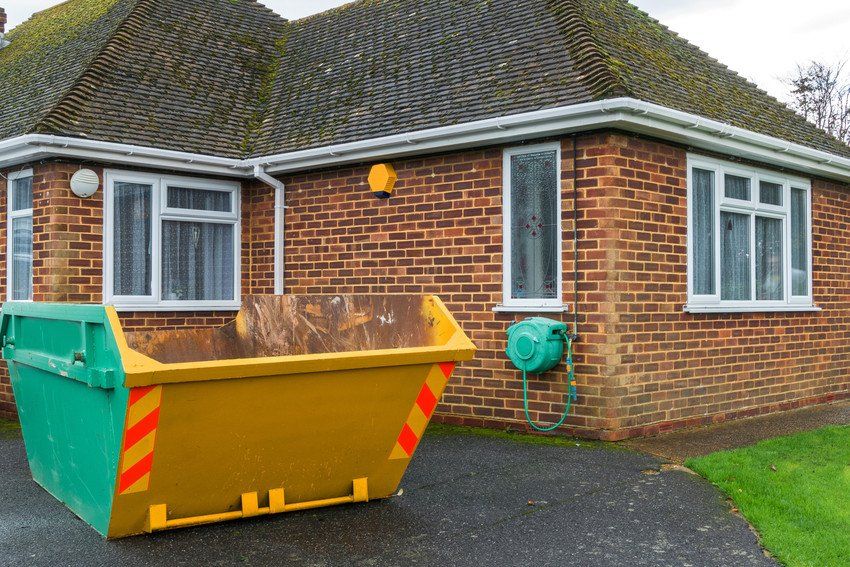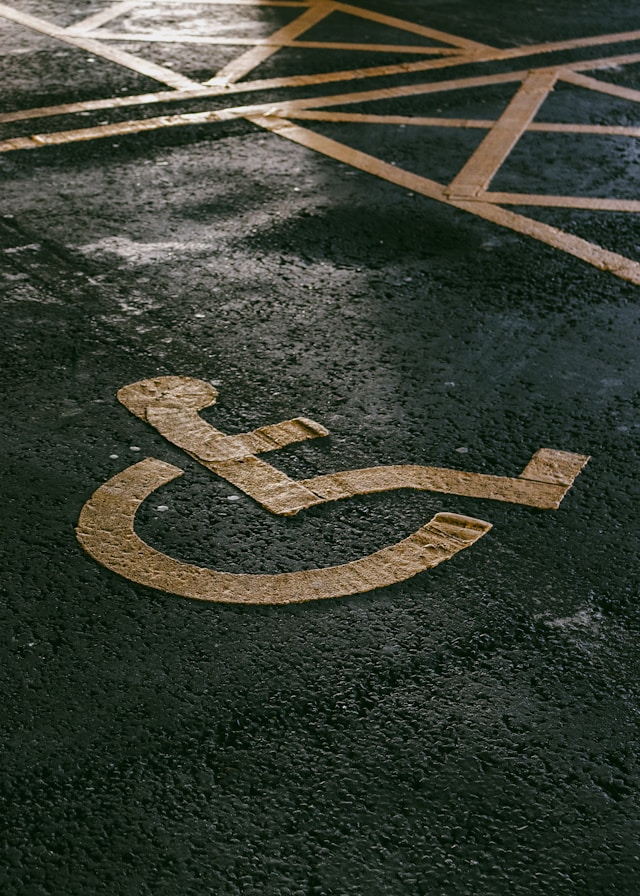To many of us, there does not seem to be much difference between tarmac and asphalt. As two of the most commonly and widely used road surfacing materials, they have a lot of similarities – but, there are some distinct differences between the two materials too. While they do look almost exactly the same on the surface, there are a few factors that you should consider when deciding which material to use.
If you’re looking for the perfect material for your driveway but do not know whether to settle for tarmac or asphalt, you’ve come to the right place. Choosing between the two can be tricky if you’re not clued up on the benefits of each one, so for your convenience, we’ve put together a guide on the difference between tarmac driveways and asphalt driveways, and which one is more suitable for your requirements.
Short for Tarmacadam, tarmac as a product was patented over a century ago, in 1902. It is made by mixing aggregates with modified tar, which contains small measures of resin, pitch, and Portland cement.
Tarmac is laid and then compacted down, using a vibrating roller, in order to create the strong, smooth road surface we know as tarmac. The recipe for tarmac has changed, somewhat, over the years. Nowadays, you’re more likely to see ‘bitmac’ instead of the original tarmac product. Bitmac uses bitumen – a by-product of the distillation of petroleum – instead of tar. Due to the petroleum industry, bitumen is thus a widely available ingredient. Bitmac has a much higher sand and filler content than asphalt.
Asphalt is a black and viscous liquid or semi-liquid form of petrol. It’s mainly used in road construction where it is employed as a binding agent for aggregate particles to create asphalt concrete. Other uses for this substance are as bituminous waterproofing products, like the production of roofing felt and for sealing flat roofs. Asphalt is also known as ‘bitumen’ and both words are used when referring to the manufactured and natural forms of the substance.
Asphalt is the surfacing material for more than 95% of all British roads as well as the main substance used when building playgrounds, cycleways, footpaths, and car parks.
Deciding between a tarmac driveway and an asphalt one can be difficult – after all, which one is going to best meet your needs? Read on to learn about the benefits of both.
Tarmac is a strong and durable surfacing material and is exceptionally resilient to vehicles that are heavy, which is why it is so commonly used for driveways and roads. If you have a big family with lots of cars or there is lots of traffic coming in and out of your driveway daily (for example, if you run a business from your own home), you’re going to need a material that will not get damaged or crack under pressure.
Tarmac is long-lasting and strong as well as weather resistant. Whether you live in an area that gets extremely cold and suffers from a lot of rain or you’re located in an area where the summers are hot, tarmac is a reliable surface material that can withstand all conditions. Because of its smooth surface, tarmac has no cracks that can be filled when it rains. However, Tarmac may still need some maintenance during hot weather.
Tarmac driveways are extremely easy to install. They’re perfect for those who want a simple and plain driveway, and can be installed in nearly no time at all. Tarmac is laid as a hot liquid; once it is applied, it must be allowed to cool, allowing the particles to bind together. One of the key advantages of tarmac driveways is they can be laid directly onto existing surfaces, making them easier to use than other road surfacing materials. Other surfaces, for example, require a full depth bedding layer to be laid down first – only once this is done can the new surface be laid.
Asphalt driveways can be repaired easily and inexpensively. If an asphalt driveway begins to crack, you can easily and cheaply purchase crack sealant products at your local home improvement store, or, alternatively, there are lots of companies and contractors who can come out and make repairs quickly and easily for you. Generally, however, asphalt requires little maintenance.
To get the most out of an asphalt driveway, you should clean the driveway at least twice a year using a stiff broom and strong hose spray, ensuring that all debris and dirt is removed. In addition, seal-coat the asphalt every two to five years to ensure that it remains attractive and weather resistant.
Similarly to tarmac, asphalt is also strong, durable and long-lasting. Large cracks are less common for asphalt paving simply because of its flexibility. As asphalt is made of aggregate that is mixed into a petroleum-based binder, it is particularly flexible. This flexibility can also help asphalt driveways from freezing and thawing when temperatures drop below freezing. The life expectancy of asphalt is around two decades, dependent on factors like weather and wear.
Perhaps one of the most appealing benefits of an asphalt driveway is that it is an affordable and cost-effective road surfacing material. While all road surfacing materials, including tarmac and concrete, have their own individual benefits, asphalt is an ideal option if you’re concerned about budget and are looking for an affordable solution.
If you’re looking for a material that is both tough and cost-effective, asphalt is generally the preferred choice. It can be laid in just one or two days, and only takes two days to cure. The materials used to make asphalt are cheaper than the ones used to make concrete, allowing a more economical solution to labour costs.
When a part of an asphalt driveway is damaged, it needs to be removed so that it can be replaced. Thankfully, the inherent qualities of asphalt means that it can be removed quickly and easily compared to concrete.
Cracks and potholes on the approach leading to your home don’t only risk damaging the tyres and suspension of your car – it can lead to a rocky and uncomfortable ride. If you live in the country and your driveway is long, nobody wants to be knocked around driving over a rocky and uneven surface, especially if you don’t own a Land Rover. A good quality asphalt driveway can give you a smooth drive.
Below, we take a look at a few general differences between asphalt and tarmac:
Ever since 1971, Hazell & Jefferies have been offering quality skip hire throughout Oxfordshire. We offer a vast range of expert services including surface dressing, tarmacing, surface sealing, asphalting work, road planing, civil engineering services, skip hire and recycling. All of our staff are highly motivated and have the experience and expertise to complete any job in a competent manner.
We are proud to be based near the world-famous historical city of Oxford and have been serving the local area for almost fifty years. Some of the other areas that we serve include Abingdon, Didcot, Henley-on-Thames, Wallingford and more. At Hazell & Jefferies, we stock an extensive range of skip sizes to fit your needs and will speedily drop off and pick up your waste when you or your company is finished with our product.
Over the past four and a half decades of operation, Hazell & Jefferies are honoured to have worked with many different and varied clients, both large and small. We are confident that our reputation as affordable, competent and hard-working is shared by the wider industry – which is why we have been so successful and long-lived.
The health of the planet is something that we at Hazell & Jefferies take very seriously. This is why all of our waste materials are sorted at our own recycling centre so that any customer of ours can be confident that their rubbish is being disposed of or recycled in the best possible way.
To hire our services or seek clarification on any questions that you might have, why not give us a quick call on 0118 984 2684? Alternatively, send us over an email via office@hazellj.co.uk and one of our friendly customer service staff will get back to you as soon as possible.

